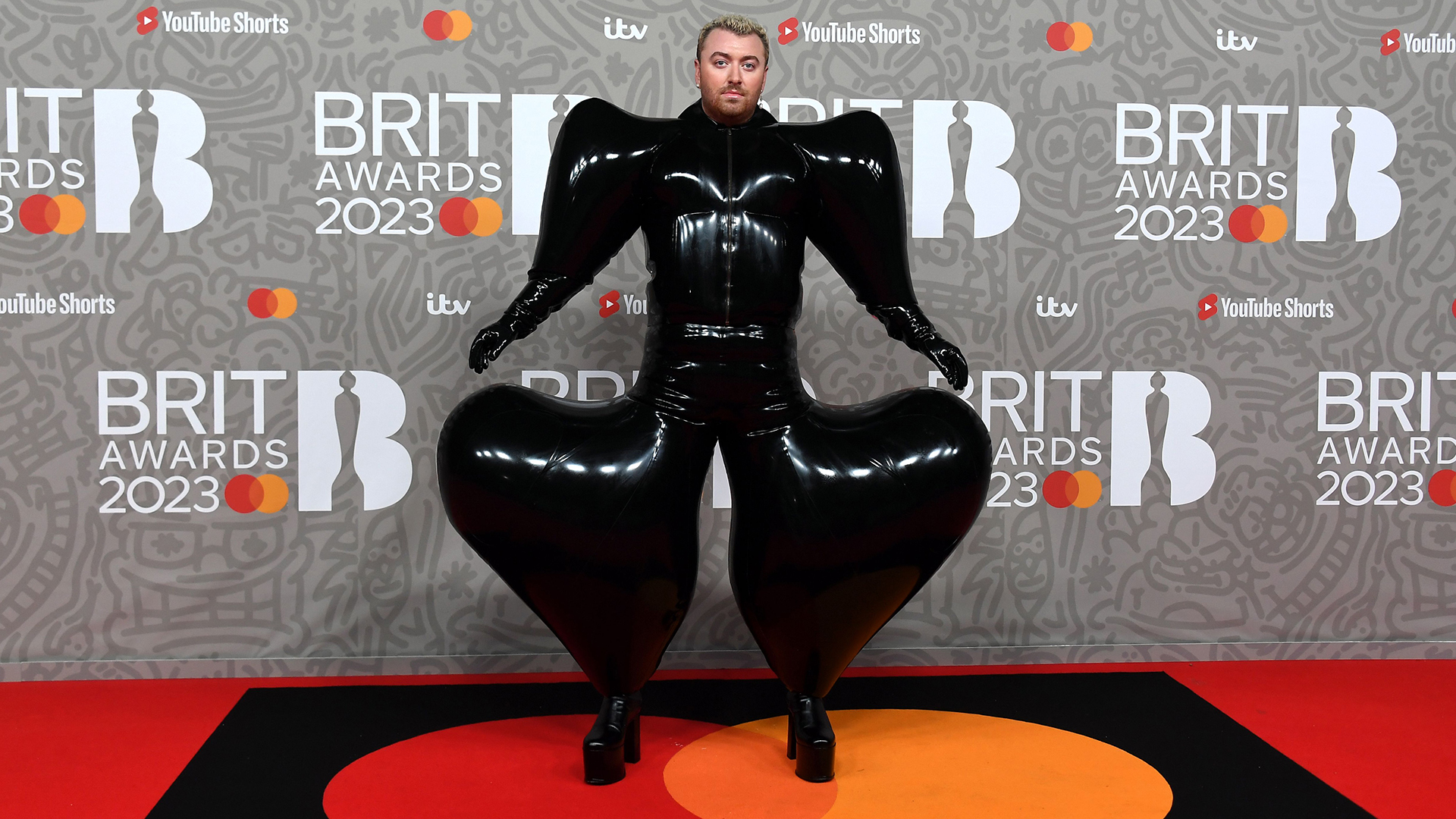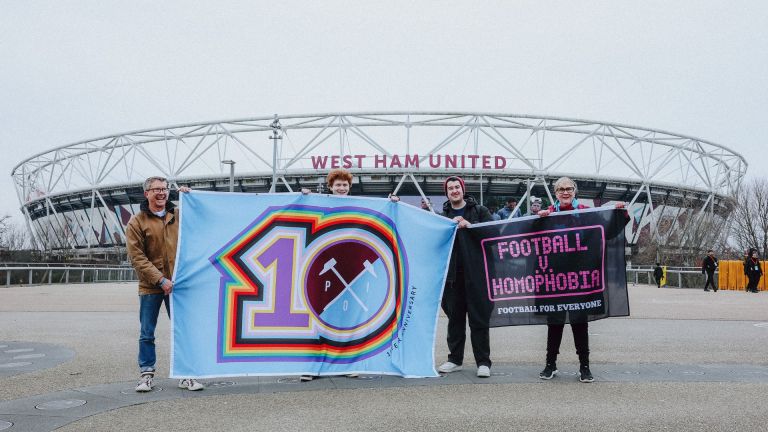Sam Smith, Florence & the Machine, a celebration of Nick Drake – is this the line-up for Glastonbury, or Latitude, perhaps? No, these are among the headline – or headline-grabbing – performances at this year’s newly unveiled Proms.
For although the ‘orchestral celebration’ of pastoral singer-songwriter Drake features the BBC Symphony Orchestra – and Florence & The Machine’s 2009 debut album Lungs is reimagined as Symphony of Lungs – it doesn’t take a pedant to point out that, even stretching the rules of genre, this is not classical music. And that wouldn’t matter a jot, except that the Proms is the self-styled ‘world’s biggest classical music festival’.
This year, among other star musicians, it will host the Berlin Philharmonic, performing with Icelandic pianist Víkingur Ólafsson and conductor Kirill Petrenko, and the Bavarian Radio Symphony Orchestra under Simon Rattle – Mahler and the Machine, if you like.
One major argument against opening up the Proms like this is that the invitation is not reciprocated. Florence Welch has performed at Glastonbury; the BBC Symphony Orchestra is yet to have had a solo gig there. That’s because, unlike other types of music, classical has, to quote a colleague in The Critic’s spring music special edition, “an image problem that feels like an existential threat”.
Some time ago, I was exchanging pleasantries with a friendly hairdresser. When I revealed I wrote about classical music, her response was one of horror: “Maybe you’ll be able to move on to other stuff eventually,” she sympathised. I didn’t like to point out that I had, in fact, started my career reviewing indie rock (and writing about forklift trucks), desperate to move into the area of music I had long studied.
- Jingoism of Rule, Britannia! has long felt shameful. Is it finally time for BBC Proms to axe it?
- How classical music is finally taking Pride in its LGBT+ composers
That’s the problem – if there is a problem – with classical music: sometimes it does require a bit of effort. And, while some listeners go directly to Beethoven, others need a pathway.










